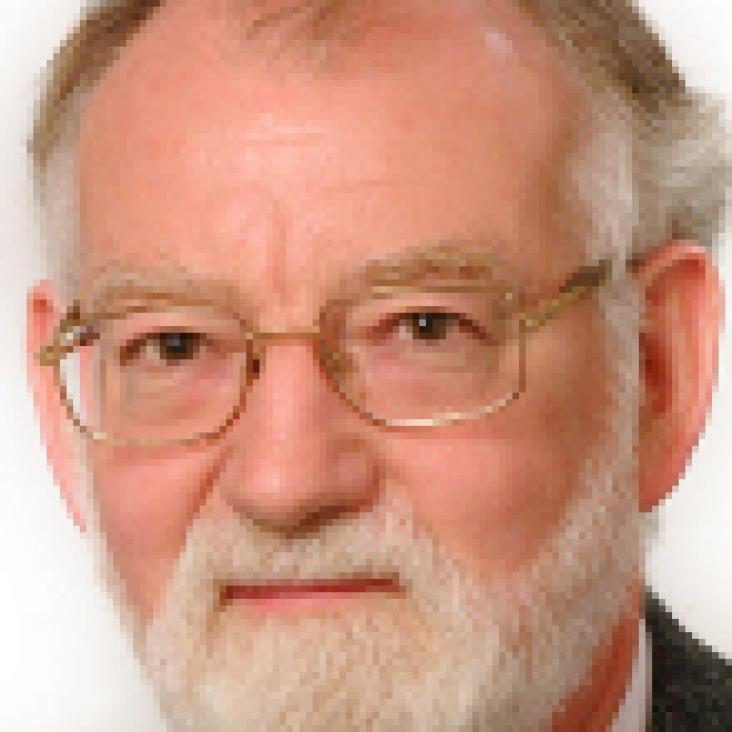Jammed systems in slow flow need a new statistical mechanics -: Discussion
PHILOSOPHICAL TRANSACTIONS OF THE ROYAL SOCIETY OF LONDON SERIES A-MATHEMATICAL PHYSICAL AND ENGINEERING SCIENCES 361:1805 (2003) 751-751
Simple strong glass forming models: mean-field solution with activation
JOURNAL OF PHYSICS A-MATHEMATICAL AND GENERAL 36:2 (2003) PII S0305-4470(03)53747-7
Simple strong glass forming models: mean-field solution with activation
Journal of Physics A: Mathematical and General 36 (2003) 307 to 328
Sistemi disordinati
Chapter in Enciclopedia Italiana: Vol. IX, La Grande Scienza, storia della scienza, Treccani (2003)
Stochastic decision-making in the minority game
PHYSICA A 314:1-4 (2002) 83-91


